After the administrative boundary arrangement, the country has 22 provinces and cities with land borders, with a total of 248 land border communes. According to local statistics, in these 248 communes, there are 956 general schools with a scale of 625,255 students.
According to preliminary statistics, the total number of students in need of boarding and semi-boarding is 332,019 students, but only nearly 59,000 students are studying at 22 ethnic boarding schools and 160 ethnic semi-boarding schools.
Currently, boarding and semi-boarding students study, live and work at school and enjoy state policies (average of about 23 million VND/boarding student, 16 million VND/semi-boarding student per year).
Thus, there are still about 273,000 students (43.7% of total students) who need to study at boarding or semi-boarding schools but have not been able to, and are currently studying at general schools.
The Ministry of Education and Training has proposed to invest in building new and renovating boarding schools in 248 communes with a system of facilities that fully and synchronously meet the needs of students and teachers for studying and living in boarding and semi-boarding schools. The implementation period is from 2025 to 2027. The main source of investment capital for construction is the central budget, the rest is from local budget and other legal resources.
At the same time, complete related regulations to ensure that students in land border communes enjoy boarding and semi-boarding policies suitable to the practical difficulties in terrain and geographical distance; have appropriate teacher arrangement plans; ensure budget to maintain school operations and policies for teachers suitable to new conditions.
Recently, the Politburo issued Conclusion Notice No. 81 on the policy of building schools for border communes, assigning specific tasks for the Government Party Committee to lead and direct ministries, branches, functional agencies and People's Committees of border provinces to implement.
Accordingly, the Politburo agreed on the investment policy to build primary and secondary boarding schools in 248 border communes across the country. In the immediate future, the pilot investment will complete the construction or renovation of 100 schools in 2025 (no later than the start of the next school year).
These schools will be models for further implementation on a large scale, completing the investment target of building 248 schools in the next 2-3 years. The schools invested in must ensure technical standards, scale, area of the school and classrooms; have adequate facilities for studying, training in culture, spirit, physical fitness, living conditions and absolute safety.
According to the Conclusion of the Politburo, this is a key and important task in socio-economic development and implementation of ethnic policies to improve people's knowledge and human resource quality, create a source of cadres from ethnic and local people, improve the material and spiritual life of people in border areas, and contribute to strengthening national defense and security.
At the meeting on implementing the Politburo's Conclusion and General Secretary To Lam's direction on the policy of investing in building schools for border communes, Prime Minister Pham Minh Chinh emphasized that this is a major and important decision that must be promptly organized for successful and meaningful implementation.
The Prime Minister requested the implementation of a campaign to build 100 schools in 100 land border communes, to be completed by August 30, 2026 at the latest, with a spirit of speed and boldness. After completing this phase, a preliminary review will be conducted, lessons learned as we go, gradual expansion, no perfectionism, no haste, and the entire program will be completed.
The Prime Minister assigned the Ministry of Education and Training to absorb opinions at the meeting, consult with ministries, branches and localities, complete the draft Resolution of the Government on this content, submit it for promulgation before August 10, including regulations on mechanisms and policies such as flexible forms of bidding, designated bidding, work assignment, etc.
People's Committees of provinces and cities must plan and find locations with suitable areas (5-10 hectares), ensure convenient traffic, electricity, water, and telecommunications infrastructure, and call on people to donate land.
The Ministry of Construction designs school models in an open, diverse direction, suitable to the conditions and cultures of regions, localities, and construction sites, maximizing natural conditions, paying attention to the ability to respond to natural disasters, climate change, and fully functional.
The Prime Minister noted the need to mobilize the combined strength of the entire political system, the participation of the military, police, the Fatherland Front, and socio-political organizations.
The Prime Minister stated that the main source of state resources is the Ministry of Finance, balancing, arranging and mobilizing capital; at the same time, calling on people to donate land to build schools, mobilizing the cooperation and support of society, businesses and philanthropists, with the spirit of "whoever has something helps, whoever has merit helps merit, whoever has wealth helps wealth, whoever has a lot helps a lot, whoever has little helps a little".
The Prime Minister noted that determination must be high, efforts must be great, actions must be drastic, each task must be completed, each task must be done properly; work must be assigned "6 clearly": clear people, clear work, clear time, clear responsibility, clear products, clear authority; the implementation process must be urged, supervised, inspected, and corruption, negativity, and waste must be prevented./.
Source: https://giaoducthoidai.vn/ca-nuoc-con-hon-273000-hoc-sinh-co-nhu-cau-hoc-truong-noi-tru-va-ban-tru-post741959.html


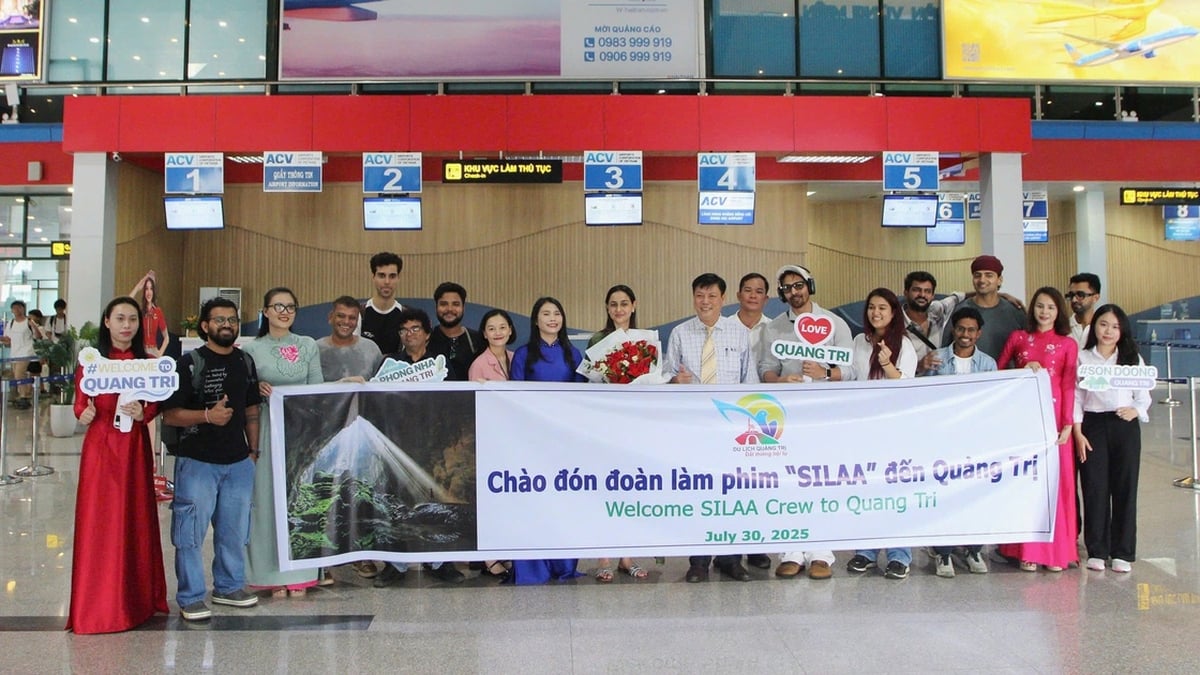
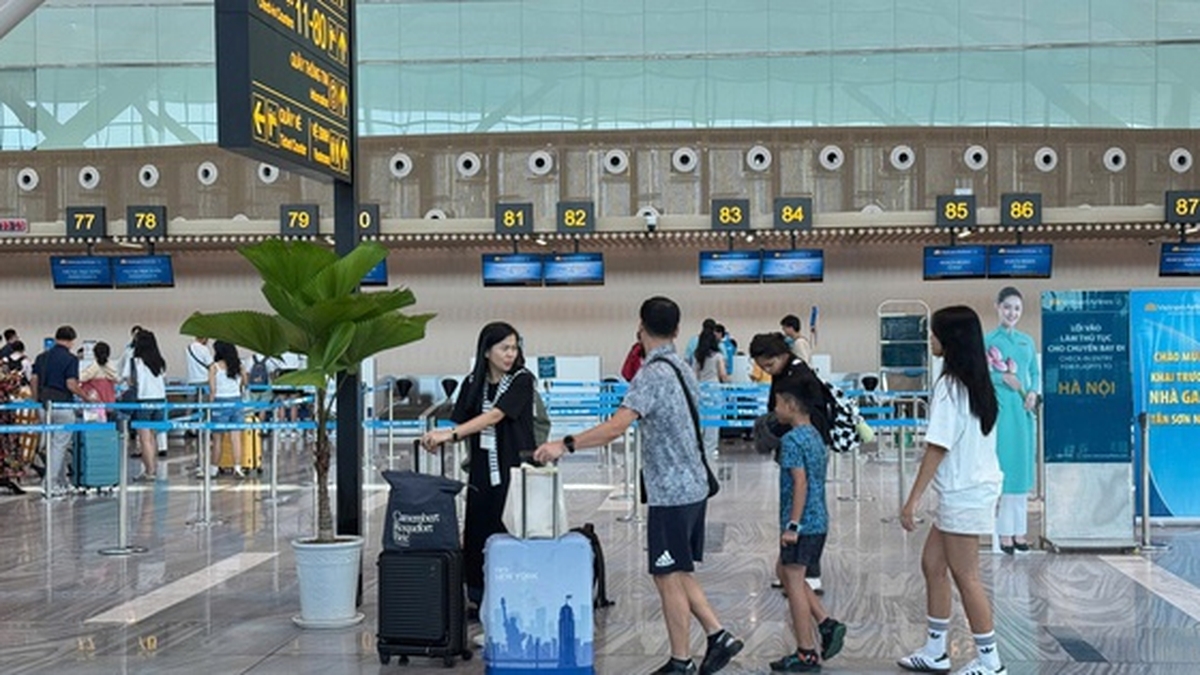

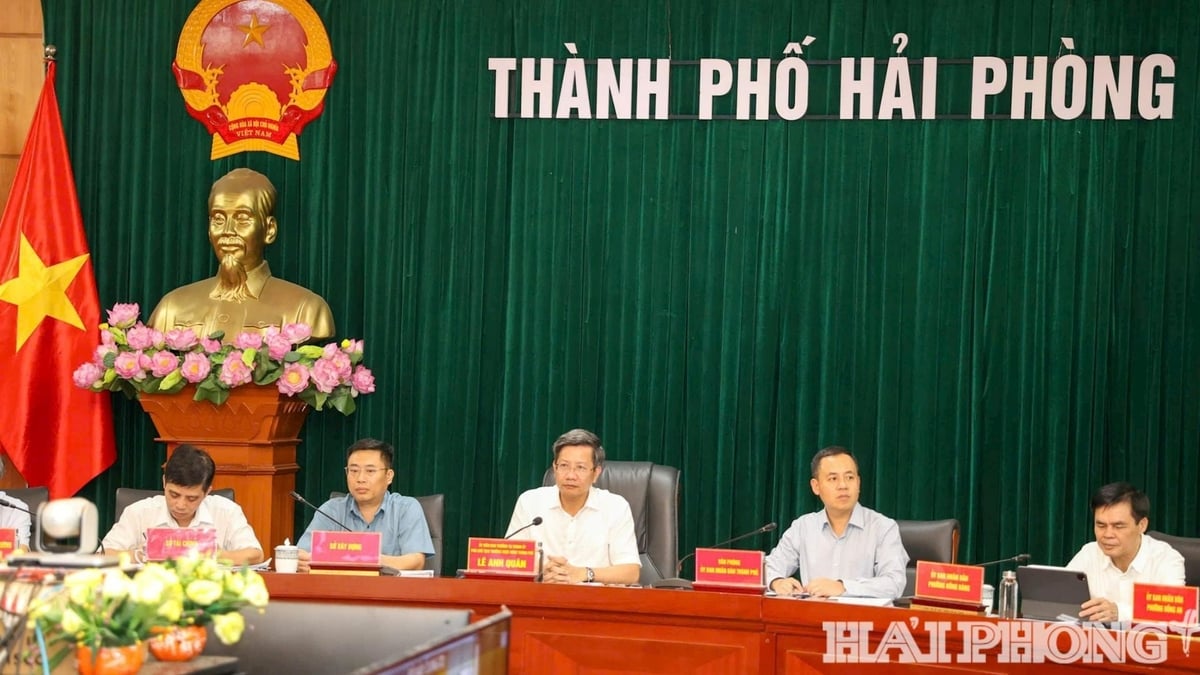
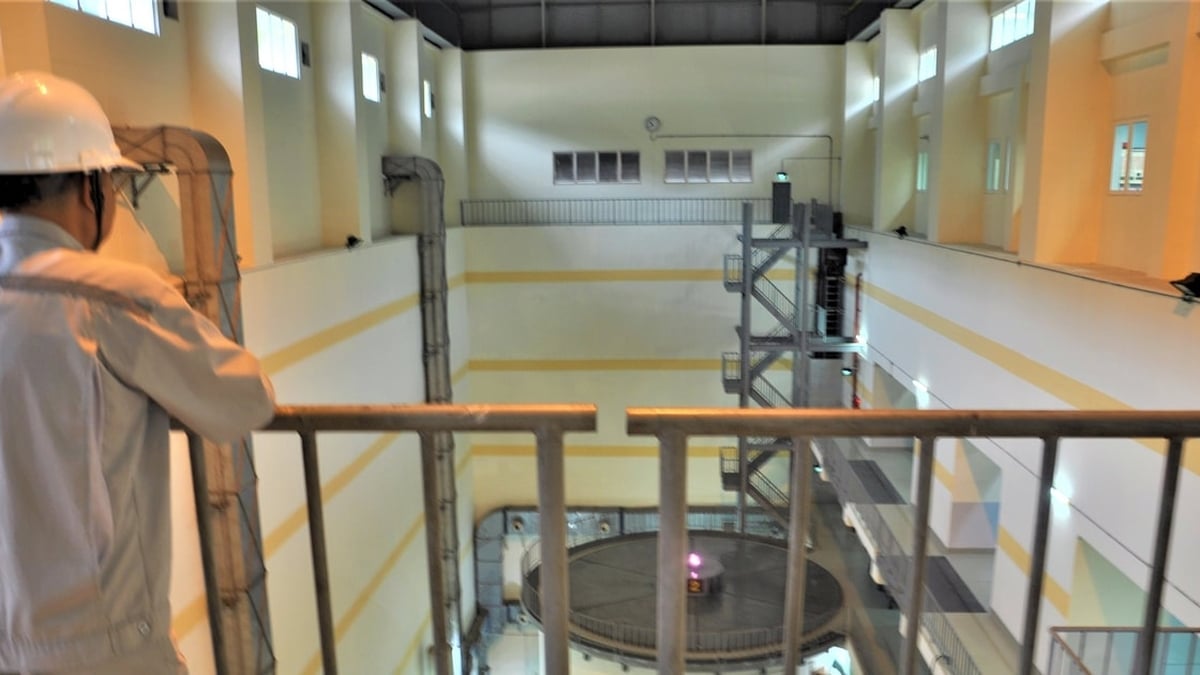
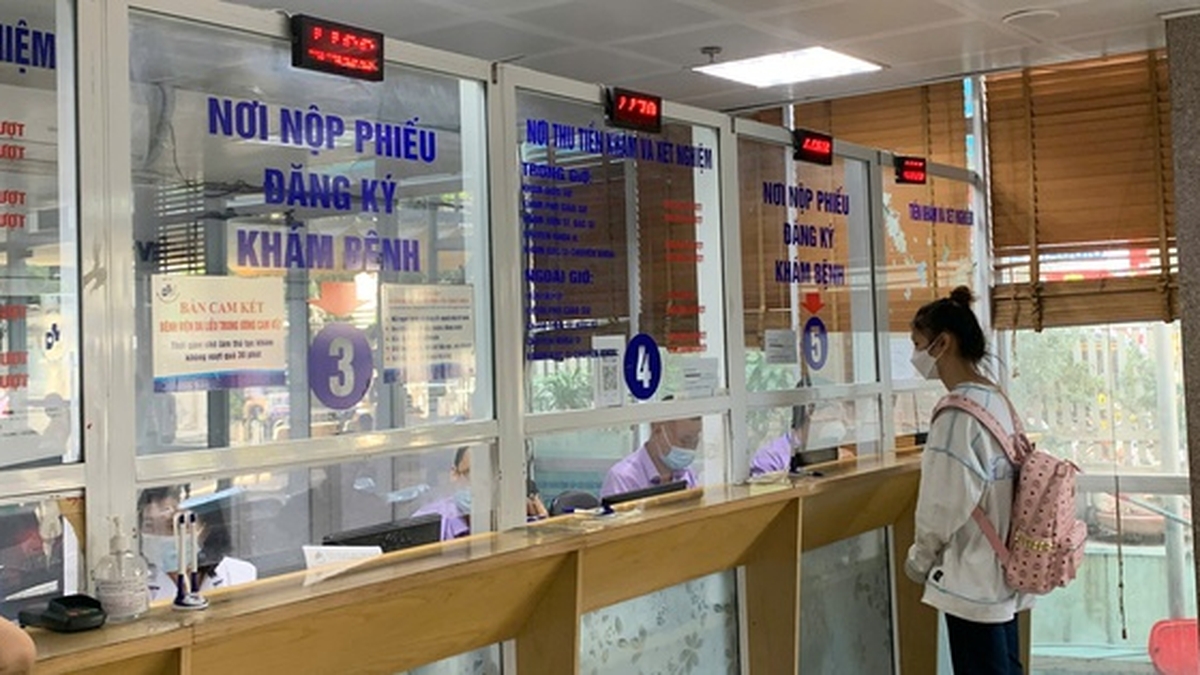
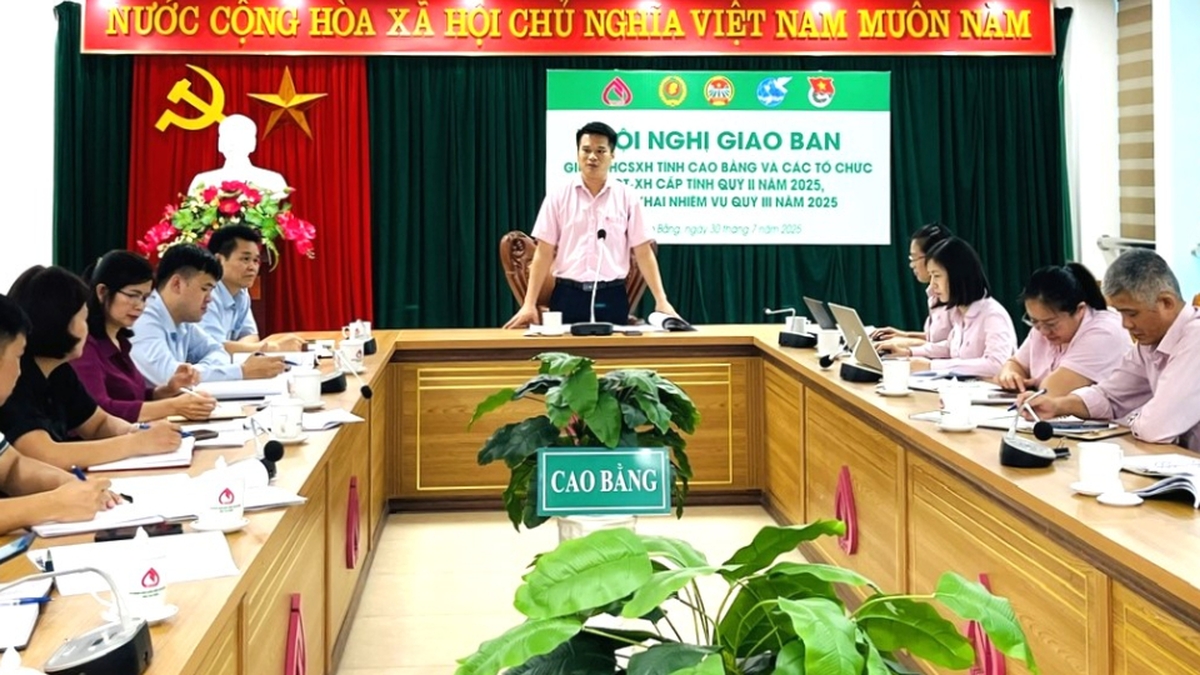
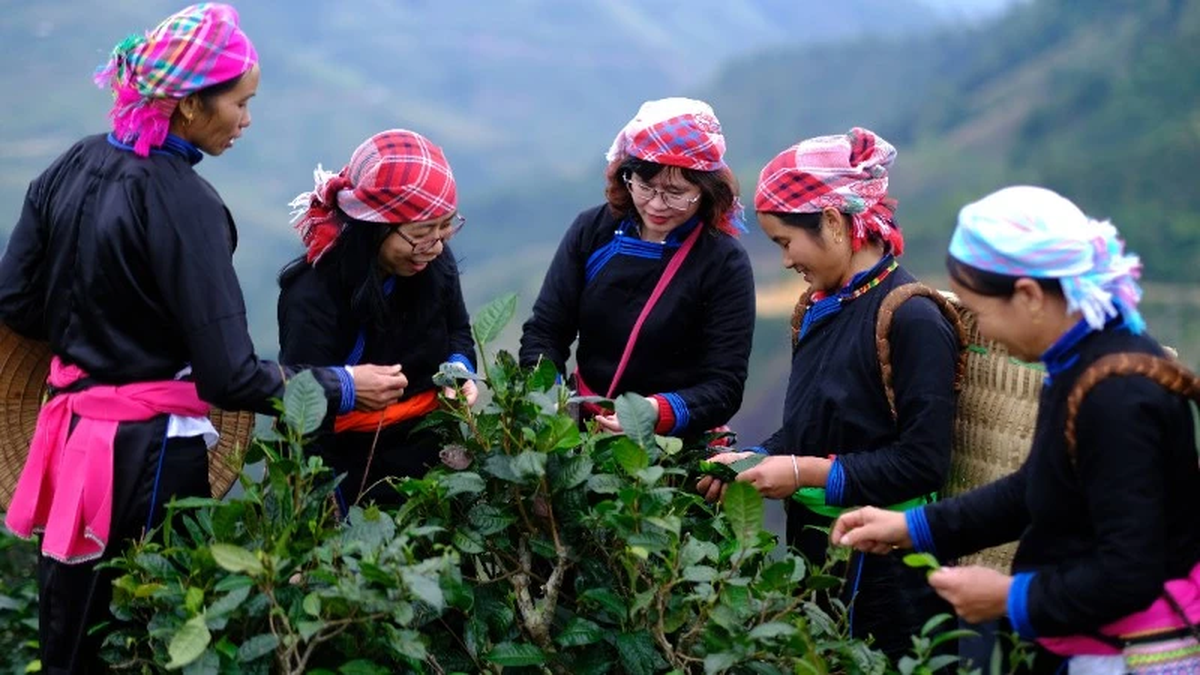
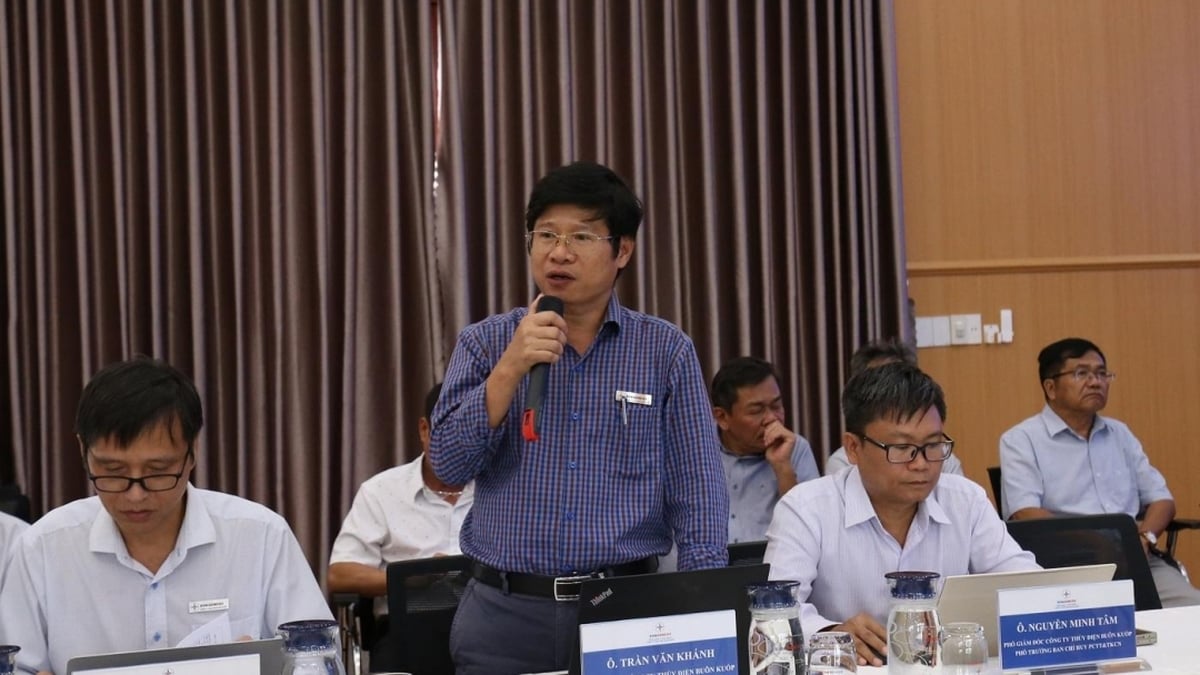
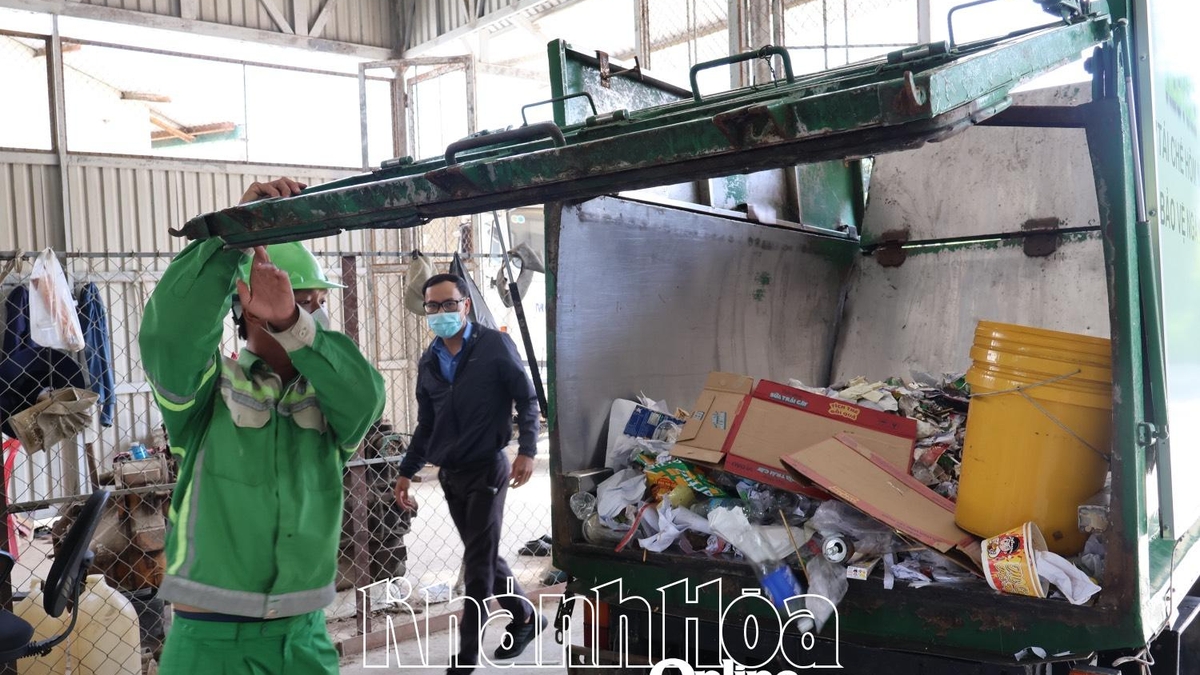









































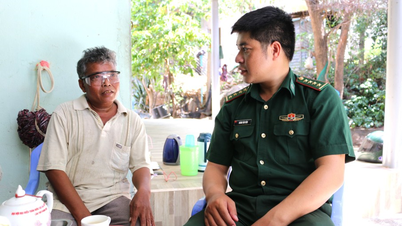




![[Maritime News] Container shipping faces overcapacity that will last until 2028](https://vphoto.vietnam.vn/thumb/402x226/vietnam/resource/IMAGE/2025/7/30/6d35cbc6b0f643fd97f8aa2e9bc87aea)













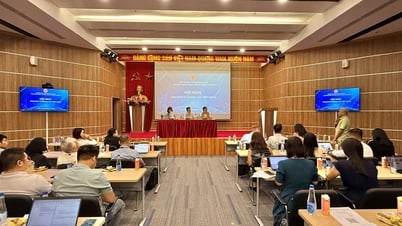




























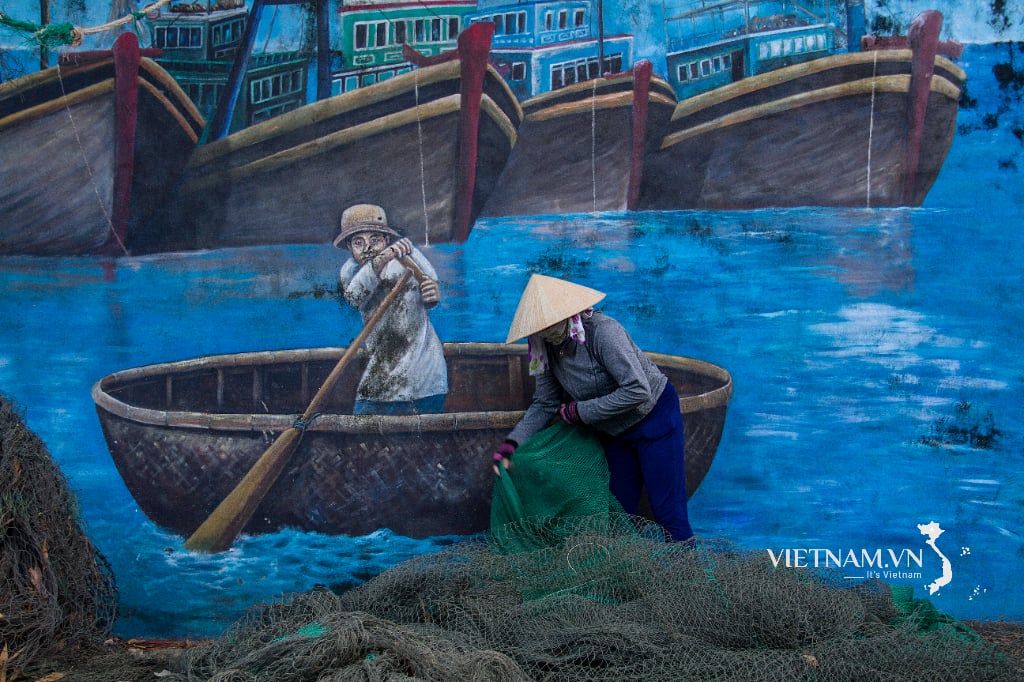
Comment (0)